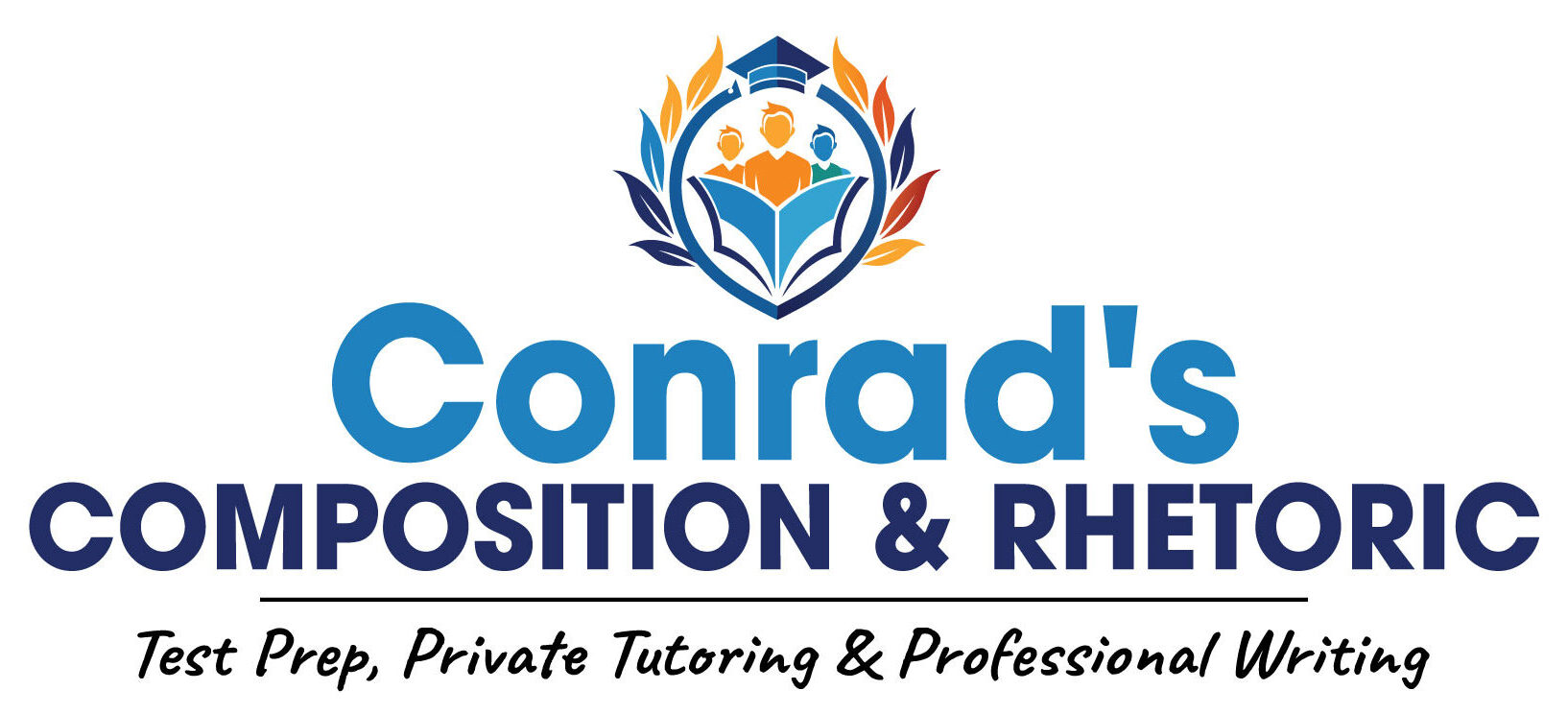What Are the 5 Key Sections of a Resume?
A well-structured resume is crucial for making a memorable first impression. It highlights your skills, experience, and qualifications, helping potential employers see why you’re a great fit for the job. At CCR Tutoring, our professional resume writing services ensure your resume stands out in a competitive job market.
Here are the five sections that every resume should have:
1. Contact Information
Start with your full name, phone number, professional email address, and LinkedIn profile (if applicable). Avoid using nicknames or outdated email addresses. A clear and polished header makes it easy for recruiters to contact you.
Pro Tip: Ensure your voicemail greeting is professional in case a recruiter calls.
2. Professional Summary or Objective
This brief section introduces who you are and what you bring to the table. If you have experience, write a professional summary highlighting your skills and career achievements. If you’re a recent graduate or changing careers, an objective statement works best to express your career goals.
Example:
“ Results-driven marketing specialist with over five years of experience in digital strategy and brand management, recognized for enhancing brand visibility and driving revenue growth. Proven track record of increasing brand visibility and driving sales growth.”
3. Work Experience
Organize your work experience in reverse chronological order, with your most recent job at the top. Include your role, the company’s name, location, and the dates you worked there. Describe your responsibilities using action verbs and highlight achievements with measurable results.
Example:
“Increased customer engagement by 30% through a targeted social media campaign, resulting in a 15% revenue boost.”
4. Skills
Your skills section should emphasize both hard skills (technical abilities like coding, data analysis, or graphic design) and soft skills (such as leadership, teamwork, or communication). Tailor this list to the job description to align with what the employer is seeking.
Pro Tip: Use keywords from the job posting to pass through applicant tracking systems (ATS).
5. Education
Include your degree, school name, and graduation date. If you’re a recent graduate, you may want to list academic achievements, relevant coursework, or honors. For seasoned professionals, a simple listing of degrees is enough. Certifications, training, or licenses can also be included in this section if applicable.
Bonus Sections to Enhance Your Resume
If space permits, consider adding:
- Certifications and Licenses: Industry-relevant credentials can set you apart.
- Volunteer Work: Demonstrates community involvement and leadership.
- Awards and Honors: Highlights achievements and recognition.
- Professional Memberships: Displays your commitment to your industry.
Final Thoughts
Crafting a resume isn’t just about listing what you’ve done. It’s about telling your career story in a clear, impactful way. If you’re unsure where to begin, CCR Tutoring offers expert resume writing services to help you create a resume that opens doors. Our experienced team knows what hiring managers are looking for and will ensure your strengths shine.
FAQs
1. How long should my resume be?
A resume is generally one page for entry-level candidates and up to two pages for those with extensive experience.
2. Should I include hobbies on my resume?
Only if they are relevant to the job or demonstrate transferable skills. For example, leading a volunteer organization could show leadership ability.
3. How often should I update my resume?
It’s best to update your resume every six months or after significant career achievements, even if you’re not actively job hunting.
Need professional support to build a strong resume? CCR Tutoring has got you covered. Reach out today and take the next step in your career journey!
